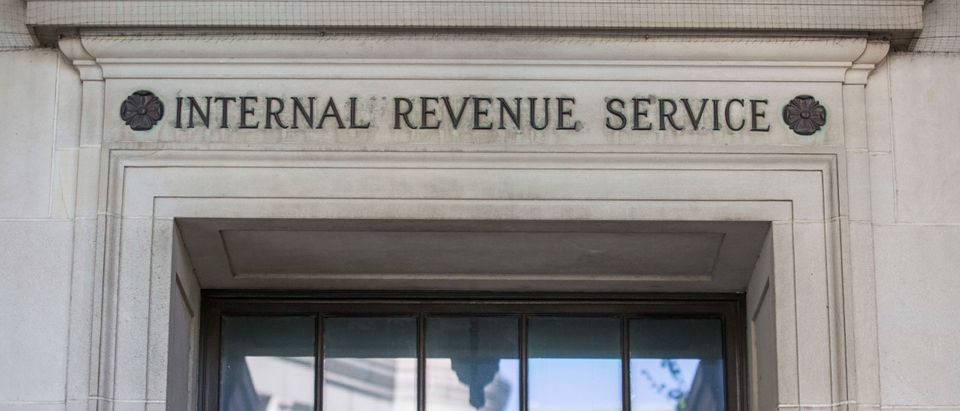Anyone not born yesterday knows that when you tell the Internal Revenue Service (IRS) to crack down on “tax cheats” and give it more money to do so, the IRS is going to audit more taxpayers. But somehow that’s still coming as a shock to congressional Democrats who are seeing the IRS do exactly what plenty of people warned them the IRS would do.
Democratic Massachusetts Sen. Elizabeth Warren and Democratic California Rep. Judy Chu recently sent a letter to IRS Commissioner Chuck Rettig, asking why the IRS has doubled its audit rate against low-income taxpayers. Considering that the administration and congressional Democrats have spent the past two years urging the IRS to increase its enforcement efforts and close the “tax gap,” it really shouldn’t be that hard for Warren and Chu to put two and two together.
One of those people warning the IRS was yours truly. Back in May of last year, right after the “tax gap” discourse began in earnest, I warned that common tax credits claimed by low-income taxpayers have very high improper payment rates, and that any effort to step up tax enforcement would target these groups. Lo and behold, that’s exactly what happened.
One could also just look at past data to know that more emphasis on audits means more audits of low-income taxpayers. Left-wing investigative outlet ProPublica has reported for some time on IRS audit rates, and has found for some time that audit rates are about as high on the poorest Americans as the wealthiest.
Expecting this trend to change just because the IRS is given more money and a mandate to use it to treat taxpayers who make tax filing errors like criminals is beyond foolhardy. Commissioner Rettig has even explained to Congress why the IRS targets low-income taxpayers — because tax filings containing refundable credits are exclusive to lower-income Americans, are prone to improper payments, and are cheap to audit.
And though the Biden administration claims it has directed the IRS to focus on the wealthy, it’s not hard to understand why the IRS is getting mixed messages. Last year, the administration even proposed a measure to require all types of financial institutions to report details to the IRS of any account with more than $600 in gross inflows and outflows — in other words, basically any account that wasn’t a child’s savings account.
Following a public outcry on this broad intrusion on taxpayer privacy, the proposal was revised — this time changing the $600 number to $10,000, and exempting payroll deposits. Nevertheless, it was still very easy for Americans of very average means to reach that threshold. In other words, the IRS can be forgiven for thinking that the Biden administration wasn’t exactly sincere about its urging for the IRS to focus on the ultra-wealthy.
Warren even had a chance to ask Rettig about its enforcement efforts last week, at the Commissioner’s appearance at a Senate Finance Committee hearing. Instead, she spent most of her time preaching to Rettig about her latest goofy and unworkable wealth tax idea.
So the next time progressives assure you that their latest scheme to violate taxpayer privacy will focus solely on the wealthiest, remember that any comprehensive effort to close the tax gap will target millions of lower- and middle-income households.
Andrew Wilford is a policy analyst with the National Taxpayers Union Foundation, a nonprofit dedicated to tax policy research and education at all levels of government.


